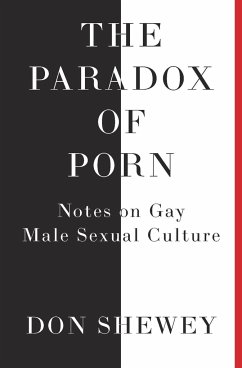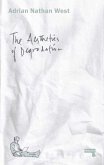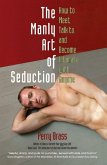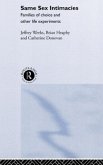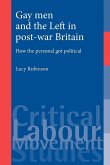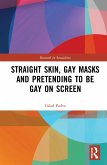Pornography has played a special role in the sex lives of gay men. It has taught us what desire between two men looks like, it has helped us figure out what turns us on, it has supported us in not feeling so alone, it has gotten us through times of loneliness and isolation, disease and disconnection, and it has contributed to many pleasurable orgasms. At the same time, the images from porn that are now ubiquitous in our lives have shaped and often distorted our ideas about what sex is, what normal bodies look like, how people make connections, and how we feel about ourselves. It's been hugely liberating and hugely oppressive. And that's the paradox of porn. "The Paradox of Porn is a smart, acutely observed, and beautifully argued analysis of what gay porn means to gay men, and, by extension, the state of sexual culture in America today." --Michael Bronski, author of A Queer History of the United States "A New York writer and sex therapist's treatise on pornography and gay men portrays the genre as a double-edged sword. Long before the days of internet porn and smartphone hookup apps, Times Square grind houses were teeming with adult films that catered to the curious, the horny, and the ubiquitous men in old raincoats. To Shewey (Sam Shepard, 1997, etc.), the 1970s gay porn films helped the audience connect with their erotic selves and filled a void in representation, showing a fledgling gay audience "a world where everyone is enthusiastically, unapologetically gay." As porn theaters gave way to home video, and the classified ads gave way to online dating, people's mindsets changed along with the innovations in technology. Solitary and repetitive home viewing of porn began weakening relationships while the impossible male porn standard of everlasting strength and massive endowment was altering ideas of what was normal. As a sex therapist, Shewey is able to recount many complaints from people who grapple with feelings of inadequacy and performance problems, and he writes about how pornographic images have exacerbated his clients' unrealistic expectations. Though he is clearly a lifelong fan of adult films and credits them with teaching him and others a great deal, he also blames porn for "liberating some inhibitions but installing others in their place, enslaving us to libidinal impulses at the expense of our health and mental well-being." He concludes with results from a study he conducted that included 50 men who were interviewed about their habits and feelings about porn. The author's effort to dive into the gay male psyche effectively touches on many significant topics, including the challenge of enjoying sex in times of great fear and calamity, such as during the height of the AIDS epidemic. Gay community history is skillfully told here, especially as it relates to the erotic side of things, and his warnings about subscribing to porn norms in everyday life sound important in an era of muscle clones and smartphone app players. Stories from his clients are told somewhat rapid-fire, but the intent is to remind people they aren't alone in their struggles and that intimacy can be rediscovered. There are many intriguing excerpts from other writers, including heavyweights in and outside of the gay community. A relatable, timely analysis of pornography's history and its effect on the mindset of the gay community. " -- Kirkus Reviews
Hinweis: Dieser Artikel kann nur an eine deutsche Lieferadresse ausgeliefert werden.
Hinweis: Dieser Artikel kann nur an eine deutsche Lieferadresse ausgeliefert werden.

